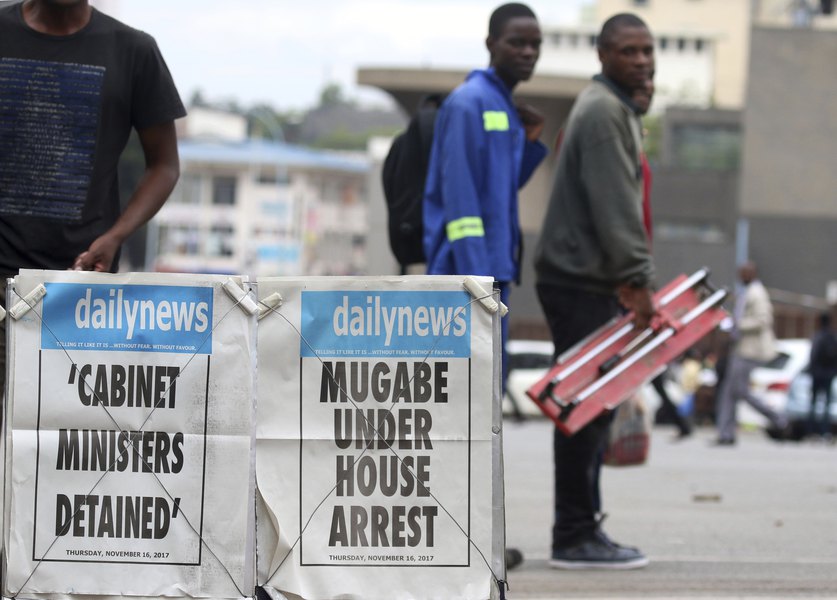Muhammad Ali
International relations strategists have warned that wars in future would be over resources. Post recent tensions in South Asia, Prime Minister Modi is using water as a diplomatic weapon against Pakistan. Experts are of the view that India is using the water issue to put pressure on Pakistan in the dispute over Kashmir. The Indian strategy is to build huge water storage facilities and canals over and around the rivers that flow through Indian Occupied Kashmir but most of the water is allotted to Pakistan under Indus Water Treaty (IWT).
A new twist to the Treaty has come at a time when Modi’s government has chosen to publically threaten Pakistan with the abrogation of the treaty. India is threatening to cut Pakistan’s access to its rightful share of the water. The 57 year old water agreement has run into trouble as tensions has escalated between the two countries. Statements by PM Modi calling for a review of the treaty and hinting at revoking the treaty were seen as confirmation of these apprehensions. India has been following a policy of dewatering Pakistan since long. India already have 20 hydro projects on the three western rivers allocated to Pakistan. It is now building another ten dams and more are being planned.
In the past, Pakistan has complained to the international court that the Indian dam in the Gurez Valley, will affect Pakistan’s river flow. The Court had halted any permanent work on the river for the moment but India got the permission to continue tunneling and building other associated projects. Pakistan had made objection on Tulbul Naviagtion Project on river Jhelum and India apparently suspended it, but now Indian Water Ministry has hinted to revive that project. As a part of Modi’s aggressive water policy, this will directly impact on Pakistan’s agriculture.
India is using water as a weapon of mass destruction to plunge Pakistan into a desert and diverting the entire flow into the Indian territory of Rajistan. The Foreign Office of Pakistan categorically cautioned India that diversion of Indus water by India would lead to war. Prime Minister Modi in one of his speeches in Batinda claimed that the water belongs to India, and it should remain in India.
India has also manipulated her negative influence to initiate interference with the flow of water from Afghanistan to Pakistan. Pakistan has shown its concern over India’s increased wickedly aid to Kabul for development of a number of storage projects on the Kabul River without addressing Pakistan’s concern. Earlier the former Indian Prime Minister Manmohan Singh visit to Afghanistan during 2011 had pleged 1.5 billion dollars with special interest in dam building on Kabul River. This commitment meant to build 14 small and medium dams with a total storage of 7.4 million acre feet (MAF). World Bank has also agreed to provide 7.079 billion dollars for these projects. In 2016, Indian experts have completed their surveys which would enable Afghanistan to have a storage capacity of 4.7 million acre feet of water hence squeezing the water flow to Pakistan. Experts opines that in the absence of major dams in Pakistan, Pakistan could eventually end up buying electricity from Afghanistan, which may be the underlying intention of this extensive 12 dams plan of the Afghan government with Indian collaboration.
India and Afghanistan are actively exploring Chenab like run of the river projects on Afghanistan western rivers as a strategic offensive against Pakistan. Pakistan does not have any water treaty with Afghanistan. The rules governing flow of Afghanistan’s eastern rivers, mainly Kabul, Kunar and Chitral into Pakistan are just some internationally accepted principles. The present strained relations between Pakistan and Afghanistan and the constant Indian manipulations of the conflict could further challenge Pakistan’s water security. As the planned hydro projects on Kabul River by upper riparian Afghanistan will adversely affect lower riparian Pakistan.
India has never underestimated the significance of river waters to strengthen its geostrategic interest in the region. It is now working on a double squeeze water policy against Pakistan by constantly building on the western rivers in the occupied Kashmir and facilitating projects on the Kabul River. The establishment in India has a very devilish water mindset towards Pakistan. Besides, the Indian opposition to CPEC is now an open secret. The Indian strategy of continuously building of projects and threatening Pakistan with revoking of the treaty and then mildly resorting to dialogue are only a time gaining strategy, because of international pressure to achieve its nefarious designs of diminishing Pakistan’s agriculture and its economy.



